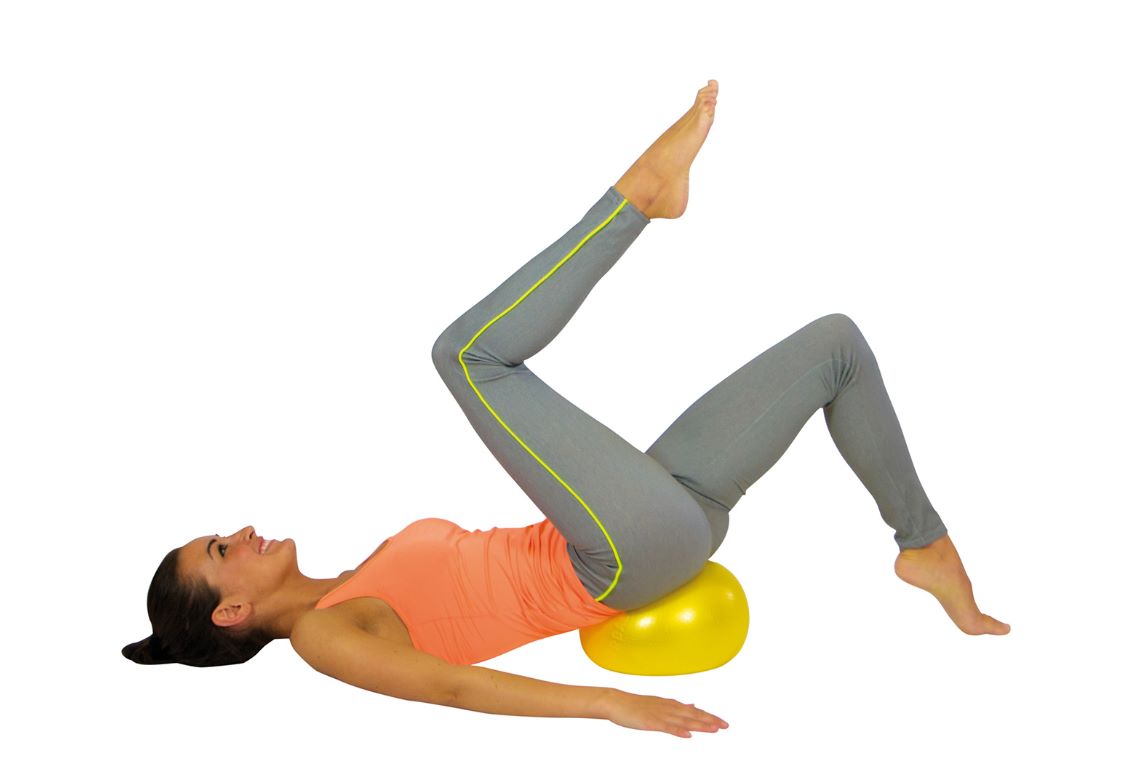Pilates Soft Balls
Pilates is a popular form of exercise that focuses on core strengthening, flexibility, and balance. One of the key tools used in Pilates is the soft ball, a small, lightweight ball that can be used in a variety of exercises to target specific muscle groups and improve overall strength and stability.
Pilates Soft Balls in Australia are a versatile prop for the core strengthening and balance.
What are Pilates Soft Balls?
Pilates soft balls, also known as Pilates mini balls, are small, soft balls typically made of rubber or PVC. They come in a variety of sizes and densities, allowing users to choose the appropriate ball for their level of experience and the specific exercises they plan to perform.
The soft texture of the balls provides support and cushioning during exercises, making them ideal for Pilates practitioners of all levels.
Benefits of Pilates Soft Ball Training
Incorporating Pilates soft balls into your routine offers a number of benefits. Here are some of the key benefits of using soft balls in your Pilates practice:
Core Strengthening: Pilates is all about core strengthening, and using soft balls in exercises like crunches and bridges can help target the muscles of the abs, back, and hips.
Balance and Stability: The soft texture of the balls provides an unstable surface for exercises, challenging your balance and stability and engaging the muscles of the core, legs, and hips.
Flexibility: Soft balls can be used to enhance flexibility in exercises like spinal twists and hip stretches, providing support and a deeper stretch.
Muscle Activation: Using soft balls in exercises can help activate specific muscle groups, making them more effective for targeting those areas.
Types of Pilates Soft Balls
There are several types of Pilates soft balls available on the market, each with its own unique features and benefits. Here are some of the most common types of soft balls used in Pilates:
- Rubber Pilates Balls: These are the most common type of Pilates soft ball, typically made of rubber or PVC. They come in a range of sizes and densities to accommodate different body types and fitness levels.
- Foam Pilates Balls: Foam balls are softer and more pliable than rubber balls, providing a gentler surface for exercises like spinal twists and stretches.
- Inflatable Pilates Balls: Inflatable balls can be adjusted for firmness, allowing users to customise their level of support and cushioning during exercises.
Choosing the Right Pilates Soft Ball
When choosing a Pilates soft ball, consider the following factors:
- Size: Soft balls come in a range of sizes, from small balls that fit in the palm of your hand to larger balls used for exercises like bridges and planks. Choose a size that is appropriate for your body and fitness level.
- Density: The density of the ball can affect the level of support and cushioning it provides. Choose a density that is appropriate for your level of experience and the exercises you plan to perform.
- Material: Soft balls are typically made of rubber, PVC, or foam. Consider which material will best suit your needs and preferences.
- Colour: Soft balls come in a range of colours, so choose a colour that appeals to you, your home, studio or just complements your workout gear.
Summary
Pilates soft balls are a versatile and effective tool for targeting specific muscle groups, improving core strength and stability, and enhancing flexibility. Whether you’re a beginner or an experienced Pilates practitioner, incorporating soft balls into your routine can help take your practice to the next level. So why not give them a try and feel the burn?

